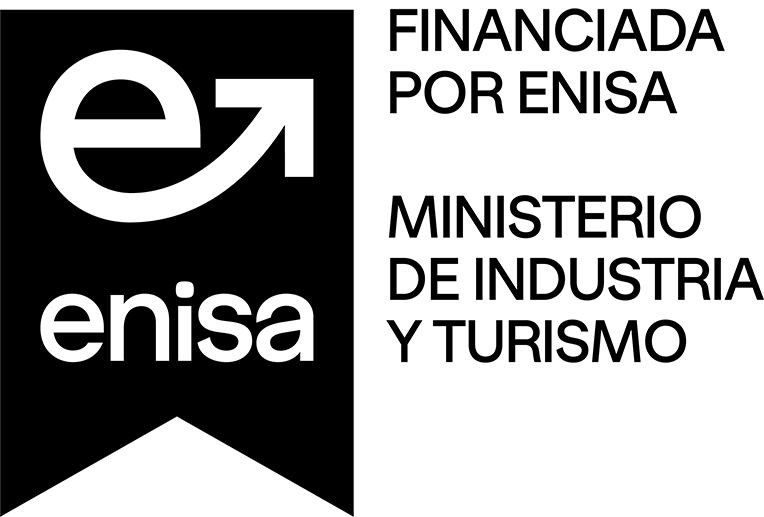ESG Spain 2025: Business Sustainability in the Regenerative Era

During the day, business, institutional and third sector leaders discussed how to move from compliance to impact, and how to integrate sustainability at the center of business models.
Sustainability, a strategic factor in maturity
At the opening table, Ángel Pérez Agenjo, Managing Partner of Transcendent, stressed that “sustainability is maturing within companies”. Today it is no longer understood only as a beginning, but as a strategic lever to generate resilience and growth for both companies and society.
One of the key messages was the need to move forward From measurement to impact. To this end, Ángel highlighted the concept of Impact Discovery: identify and rigorously map the positive and negative impact of each company. The essential question: Is the world better or worse because of what your company does?
Measurement tools are advancing every day, both in the social and monetary dimensions. The challenge is to follow a structured path—identifying, measuring and managing impact—that allows us to integrate sustainability into business strategy and make more informed and sustainable decisions in the long term.

Key trends from the sectors
The speakers agreed that the business sustainability it crosses all areas of the organization and must be part of high-level decisions, from boards of directors to innovation. Some outstanding ideas were:
- Energy transition: companies such as Engie and Iberdrola emphasized the urgency of accelerating decarbonization, both in their own operations and in large industries, with specific objectives and greater ambition.
- Circular economy: Ecoembes focused on the fact that “sustainability is no longer understood without circularity”, and in the need for ad hoc projects for each sector, supported by pre-competitive alliances that allow us to address complex challenges.
- Governance and regulation: Iberostar highlighted the value of governance and agile collaboration across the entire value chain. Meanwhile, representatives from the financial sector remarked that “non-action has more costs and risks than action”, evidencing the importance of integrating ESG risks into financial management.
- People and corporate culture: it was emphasized that sustainability does not depend only on boards or CEOs, but on involving all employees and building a company culture consistent with the purpose.

The challenge: from ambition to impact management
Beyond commitments and reporting, the forum's consensus was clear: sustainability must become an engine of competitiveness and innovation. This implies three priorities for companies:
- Measure to decide: connect ESG metrics with investments, risks and opportunities.
- Integrate transversely: permeate all areas of the business, from finance to innovation.
- Managing the impact: transform data into strategic decisions that generate a net positive impact for society and the planet.
ESG Spain 2025 confirmed that sustainability can no longer remain in the field of compliance or communication. Competitiveness, business resilience and the ability to innovate are at stake in a global context marked by energy transition, digitalization and climate risks.
The future belongs to those organizations that are capable of rigorously following the path to impact management: measuring, integrating and transforming data into strategic decisions that generate a net positive impact for society and the planet.
Como official partner of ESG Spain 2025, Transcendent reinforces its commitment to accompany organizations on this path, promoting sustainable, competitive and regenerative business models.











